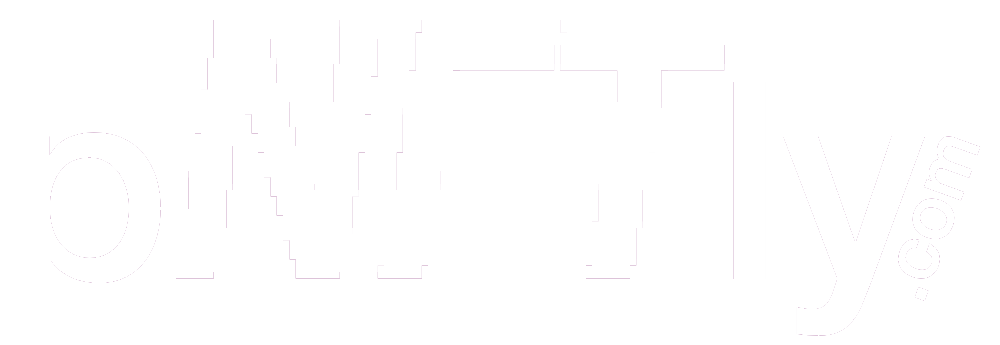Most relevant blockchains for NFTs and reasons
Ethereum
Ethereum offers significant benefits for NFTs with its well-established ecosystem and large developer community. It leads the NFT space with popular token standards like ERC-721 and ERC-1155, forming the foundation for most existing NFTs. Ethereum's smart contract capabilities, powered by Solidity and the EVM, enable versatile NFT development.
Due to its established ecosystem, robust developer community, and widespread adoption, Ethereum remains a leading platform for NFTs. However, its scalability issues and high gas fees have led to exploring alternatives.
- Read more about Most relevant blockchains for NFTs and reasons
- Log in to post comments

